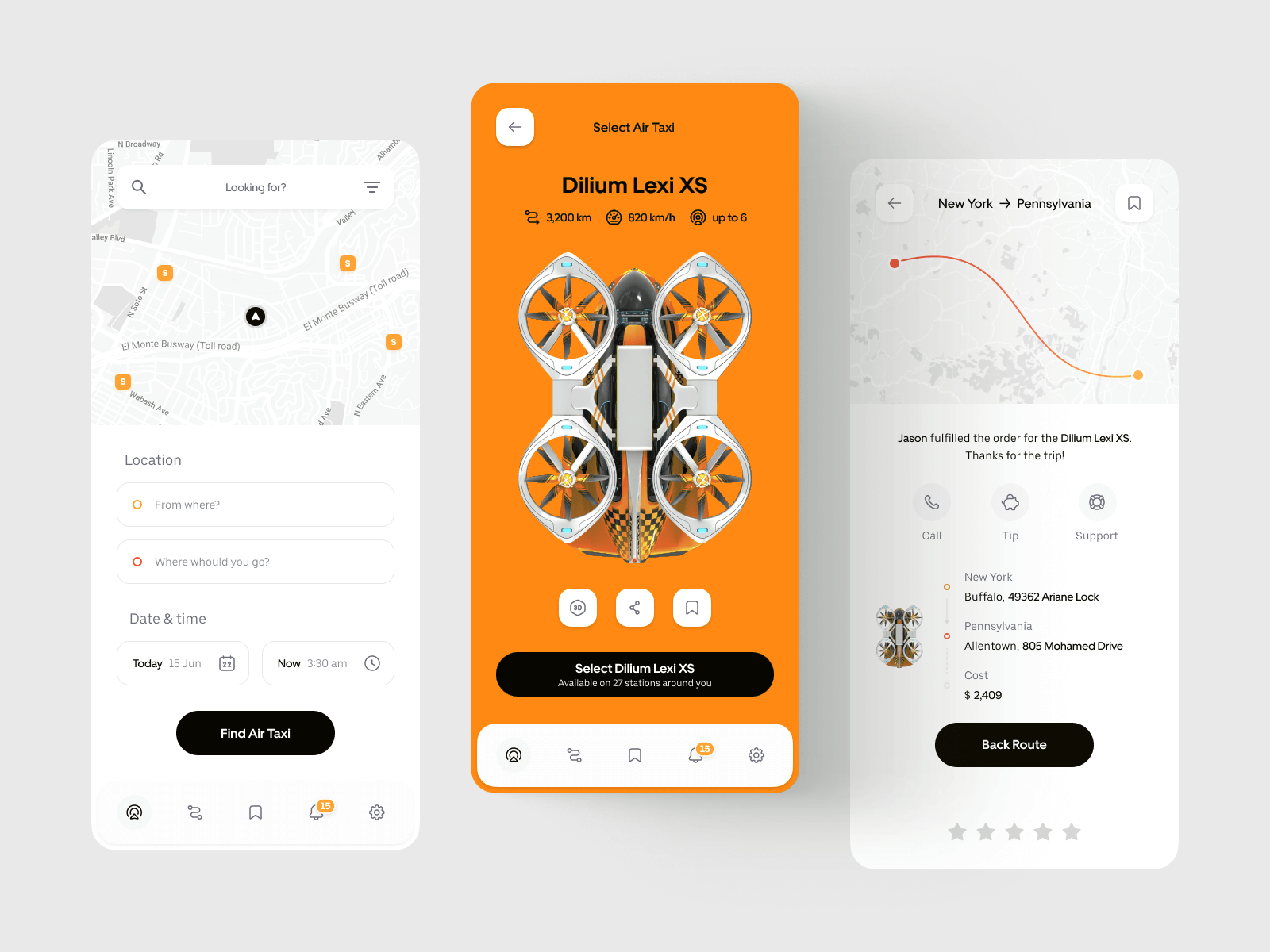Responsive design is a must for real estate websites. With more and more people accessing the internet via mobile devices, it’s essential that your website is designed to be responsive. This means that your site should automatically adjust to fit the screen size of the device being used, making it easy to navigate and use no matter what device a user is on. In this article, we’ll explore why responsive design is so important for real estate websites and how it can benefit your business.
First and foremost, responsive design is a must for real estate websites because it ensures that your site is easily accessible to all users, regardless of the device they’re using. According to a recent report, over 60% of all internet traffic now comes from mobile devices, and this number is only expected to continue growing. By having a responsive website, you can ensure that your site is easily accessible to the majority of users, and that they can easily find the information they need, regardless of whether they’re using a desktop computer, tablet, or smartphone.
Responsive design also improves the user experience by making it easier for users to navigate your site. When a website is not designed to be responsive, users may struggle to find the information they need, or may have to zoom in and out to read text or view images. This can be frustrating and may cause users to leave your site without taking any action. With a responsive website, users can easily navigate your site and find the information they need, even on a small mobile screen.
Responsive design can also help to improve your search engine rankings. Google and other search engines now take into account the mobile-friendliness of a website when determining its search engine rankings. This means that if your website is not designed to be responsive, it may be ranked lower in search engine results, making it harder for potential buyers and renters to find your properties.
Furthermore, responsive design can benefit your business by increasing conversions and sales. When a user has a positive experience on your website, they are more likely to take the next step and make an inquiry or contact you. With a responsive website, users can easily find the information they need and take action, which can lead to more conversions and sales.
In conclusion, responsive design is a must for real estate websites. With more and more people accessing the internet via mobile devices, it’s essential that your website is designed to be responsive. This ensures that your site is easily accessible to all users, regardless of the device they’re using. It improves the user experience, improves search engine rankings and increases conversions and sales. By having a responsive website, you can ensure that your site is easily accessible to the majority of users, and that they can easily find the information they need, which can benefit your business in the long run.


